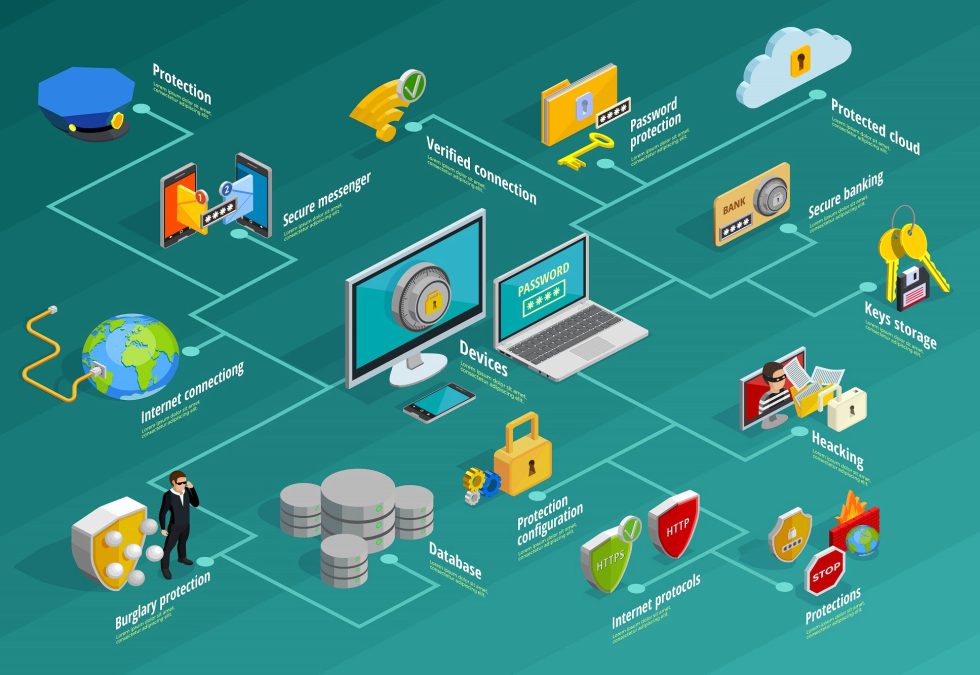-
By: cozumtek
- Cloud Technology, On-Prem
- 24 October 2023
- Comments 0
What is Cloud Server?
Cloud Servers: Empowering the Backbone of the Digital World
With the rapid advancement of the digital age, traditional data storage and processing methods have become inadequate to handle large volumes of data efficiently. To address this need, cloud servers have revolutionized the field of information technology. However, it is essential to understand what cloud servers are before delving into why they are so crucial and how they work.
The Cornerstone of the Digital Revolution: Cloud Servers
Cloud servers are virtual servers offered over the internet, enabling remote access. These servers are typically hosted in data centers worldwide and provided to users as a subscription-based service. Cloud servers use virtual server instances rather than physical server hardware, offering several advantages.
Advantages of Cloud Servers
- Scalability: Cloud servers can easily scale up or down to meet demand, providing cost savings and increased efficiency by matching resources to actual needs.
- Cost Efficiency: Cloud servers are more cost-effective compared to traditional servers as they reduce capital expenditures, allowing businesses to pay only for the resources they use.
- Backup and Security: Cloud servers offer professional backup and security services, preventing data loss and enhancing data security.
- Accessibility and Availability: Cloud servers are accessible from anywhere with an internet connection, promoting flexible work arrangements and remote accessibility.
How Cloud Servers Work
Cloud servers store your data and applications online. Users can access these servers through an internet connection. Your data is distributed across a series of physical servers for redundancy and load balancing, ensuring uninterrupted service and high availability.
Use Cases for Cloud Servers
Cloud servers find applications in a variety of domains:
- Web Hosting: Hosting websites and applications can be done on cloud servers.
- Data Storage: They are suitable for large-scale data storage and backup operations.
- Virtual Machines: Cloud servers are ideal for creating and running virtual machines.
- Data Analytics: They are used for big data analysis and business intelligence applications.
Conclusion
Cloud servers play a critical role in today’s digital world for data storage, processing, and accessibility. Their scalability, cost-effectiveness, security, and accessibility advantages make them a valuable solution for businesses and individuals alike. As a result, understanding how cloud servers work and the benefits they offer has become an integral part of digital transformation.
Cloud server technology is continually evolving with technological advancements. Therefore, keeping a close eye on this technology and understanding its potential benefits can provide a significant advantage to both individuals and businesses.








